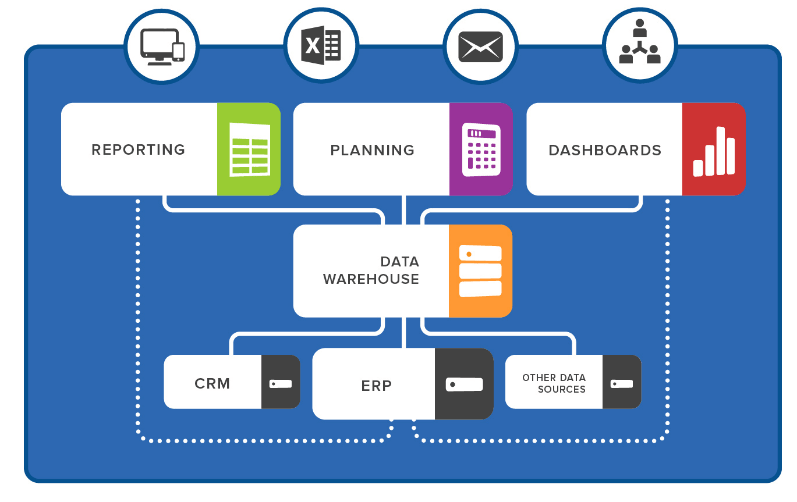

And BI systems make use of Data Warehouse data and lets you apply chosen metrics to potentially huge, unstructured data sets, and covers querying, data mining, online analytical processing ( OLAP), and reporting as well as business performance monitoring, predictive and prescriptive analytics. This data is stored in the Data Warehouse (DDS, Cubes). Data which is accumulated over a large amount of time from several disparate sources.īut now a very basic question arises where this data is.


I will tell you why it is so much intelligent, it’s simple it makes use of Data. How can it help me in taking a strategic decision? Not only that, a good BI platform describes this to you in real time in a granular, accurate and presentable form.īut on what basis it is able to do so, what is the source. Now let’s understand exactly what is Business Intelligence which has created so much confusion in the Analytics industry as some people uses both terms interchangeably and lots of discussions is going on the internet.īI is basically a Business Intelligence system which tells you what happened, or is happening right now in your business – it describes the situation to you. These are so mistakenly used that even people who are working in this domain also not sure what to use and when to. So far I hope you have got enough understanding about both Business Intelligence and Data Warehouse concepts which are so commonly used in the Data Analytics Domain. I will use certain abbreviations like BI for Business Intelligence and DW for Data Warehouse as it’s easy to write. Data Warehouses hold data in Fact Tables (Tables which covers numbers such as revenue and Costs) and Dimensions (Group Facts by different attributes like region, office or week). It usually contains historical data derived from transaction data, but it can include data from various data sources. Without an enterprise approach to business intelligence and analytics that is based on best practices and industry standards, an organization will fail to exploit the data and information that could lead to competitive advantage.ĮWSolutions’ data warehouse / business intelligence / analytics training provides any organization with the concepts, practices, techniques and implementation methods to enable a successful decision-making environment.Hadoop, Data Science, Statistics & othersĭata Warehouse is similar to a relational database that is aimed for querying and analyzing the data rather than for transaction processing. Without an enterprise approach to business intelligence and analytics that is based on best practices and industry standards, an organization will fail to exploit the data and information that could lead to competitive advantage.īusiness Intelligence (BI) and Data Warehousing are crucial practices to any organization that wants to learn more about the vast amount of data, and to obtain useful, actionable knowledge.

Advanced analytics, Business Intelligence and Data Warehousing are crucial programs that must have other supporting capabilities to truly enable an organization to turn their massive quantities of data into actionable information that gives a competitive advantage in the marketplace. Marco, President of EWSolutionsĪdvanced analytics is about much more than spinning out a data store, slapping a UI on top of it and letting your business people begin studying the data. Building this type of information ecosystem necessitates an organization to have a strong grasp of the techniques that are proven to work in the real world.” Dr. “A data warehousing environment capable of advanced and mobile analytics requires a world class architecture and a powerful, high-speed information delivery mechanism.


 0 kommentar(er)
0 kommentar(er)
